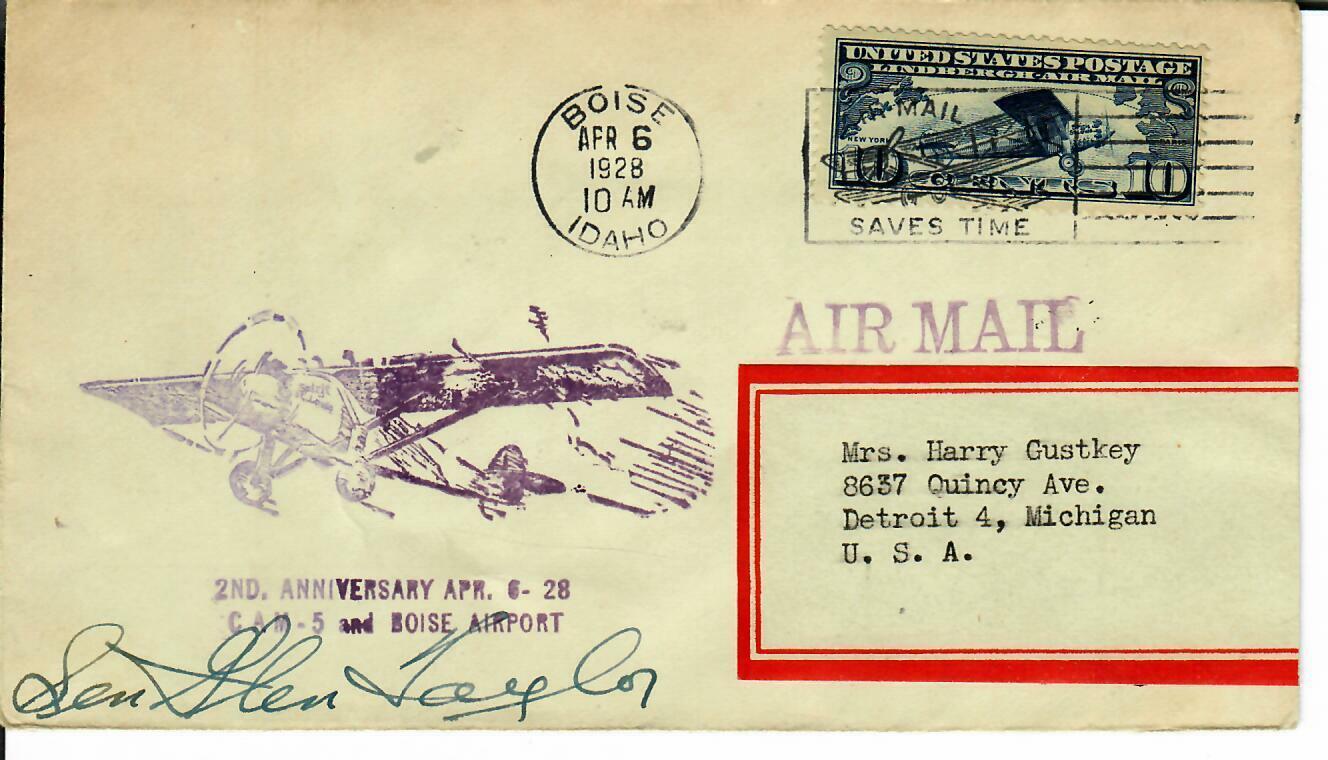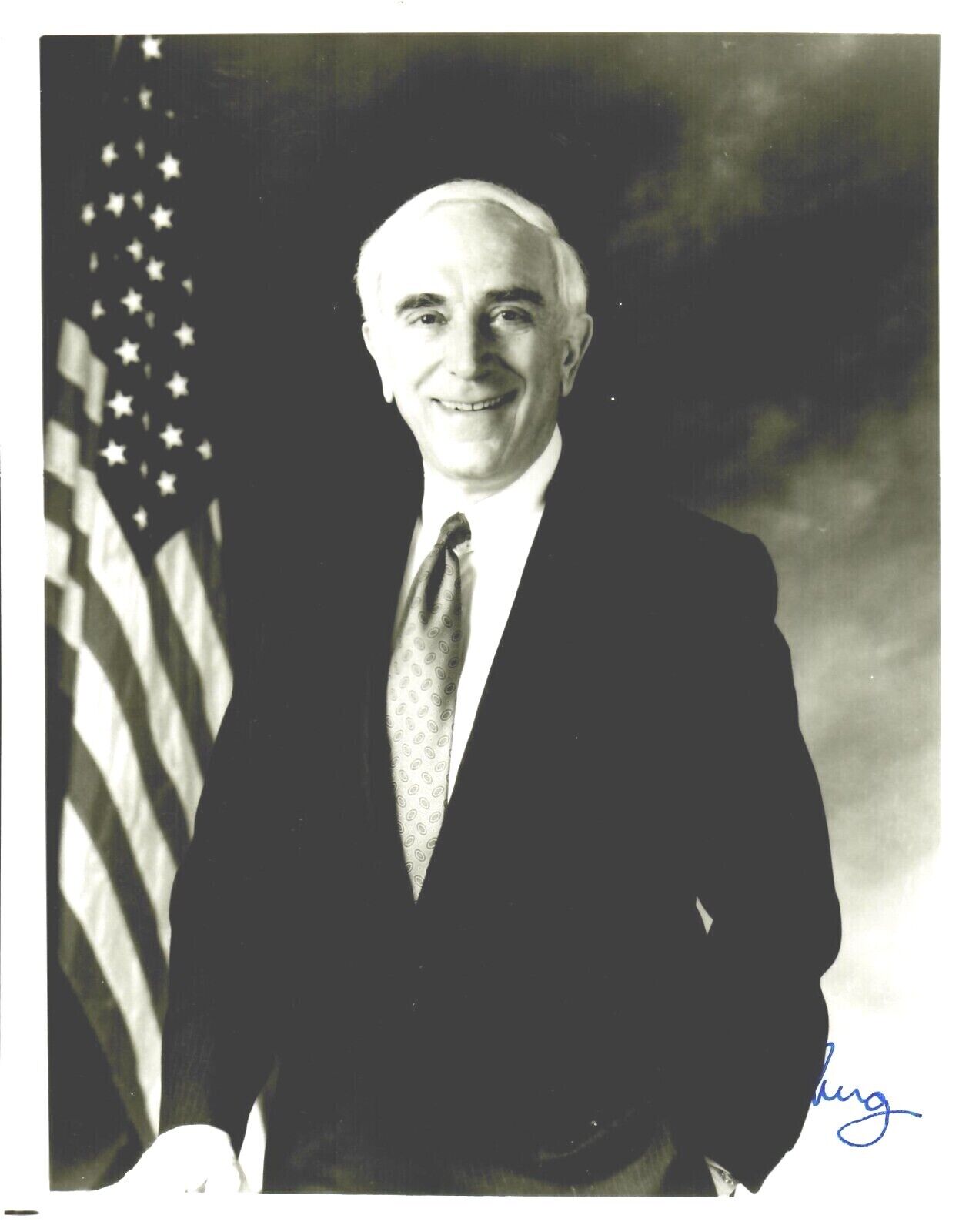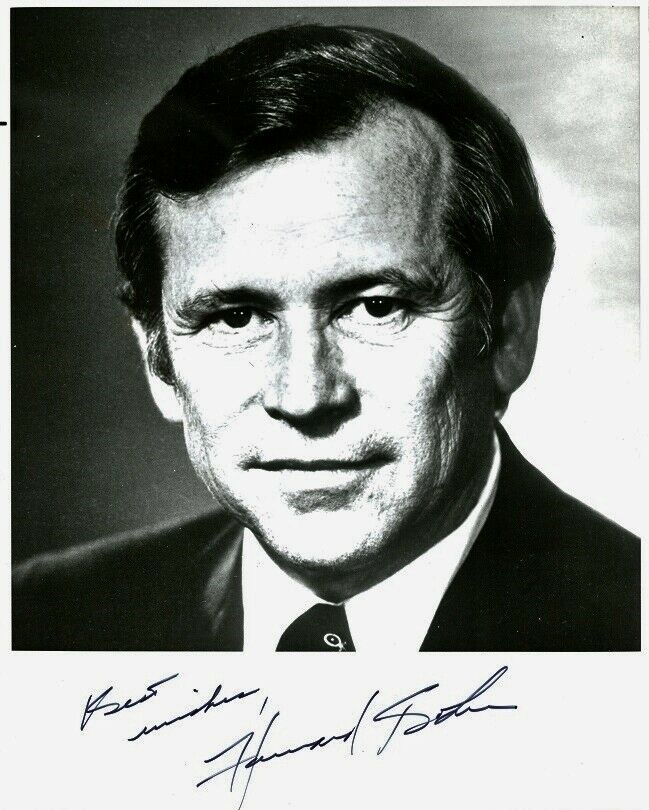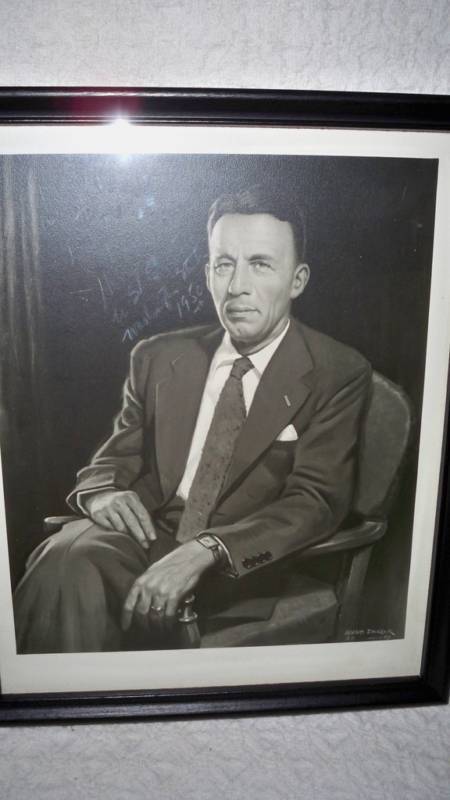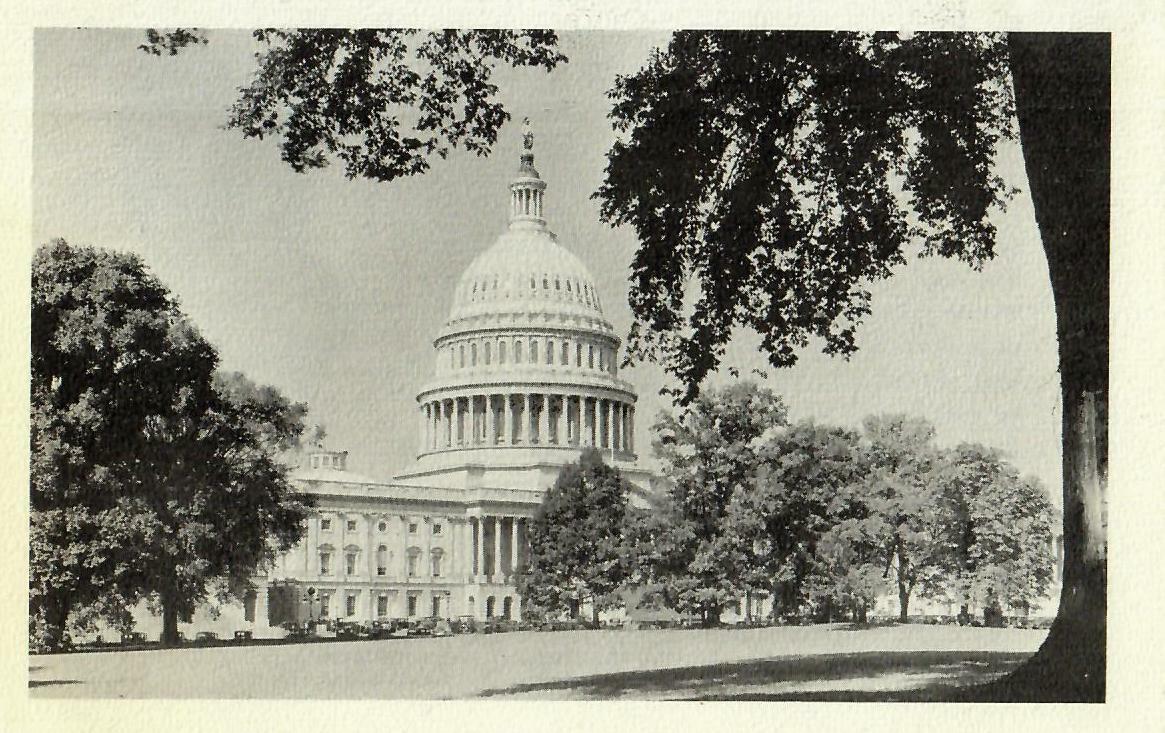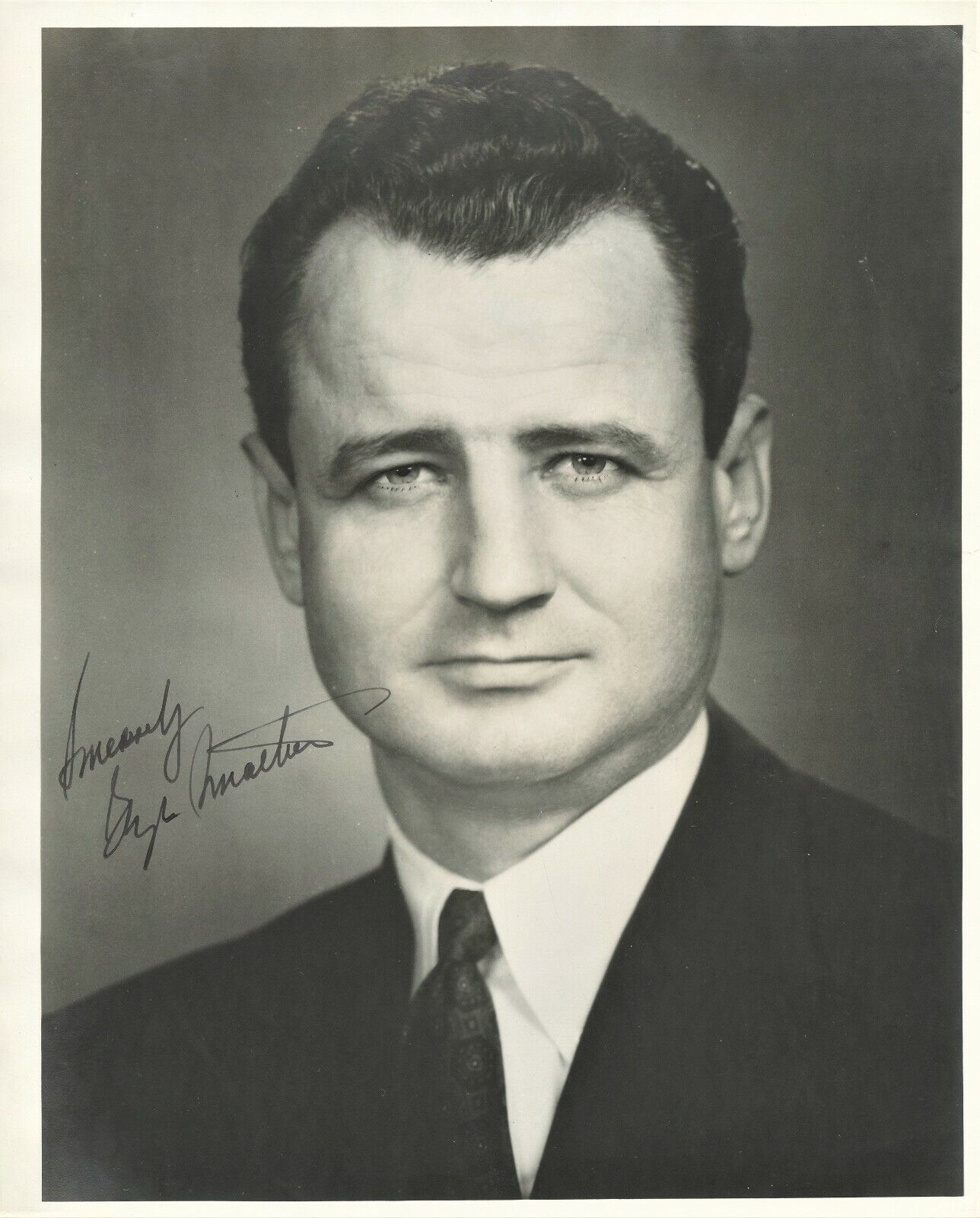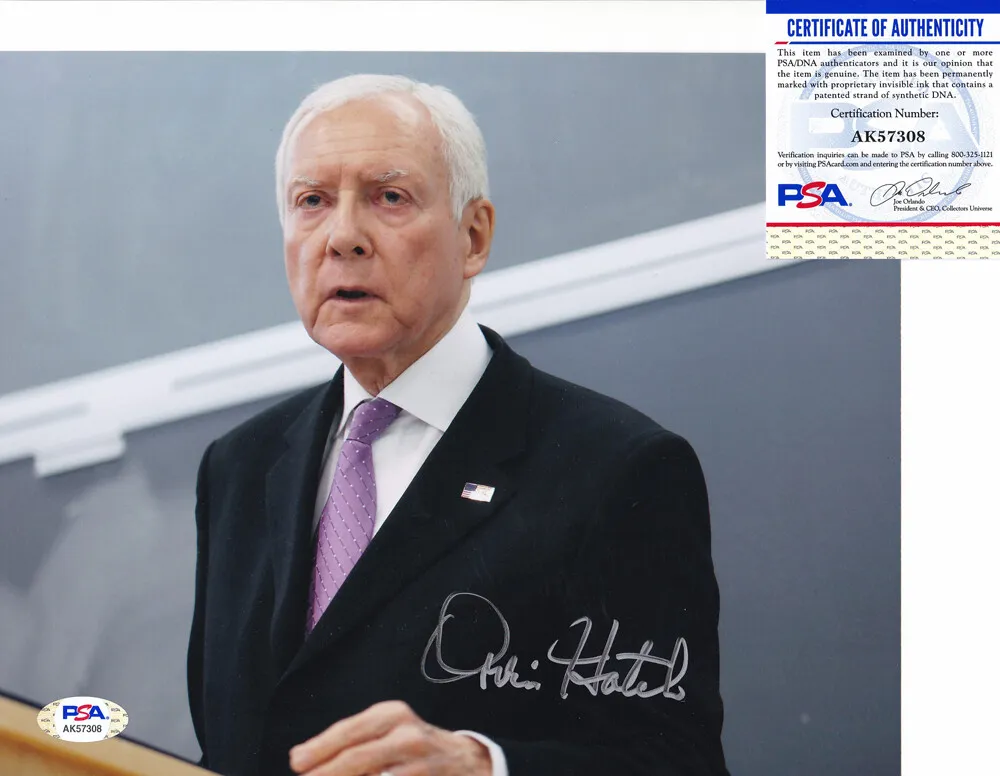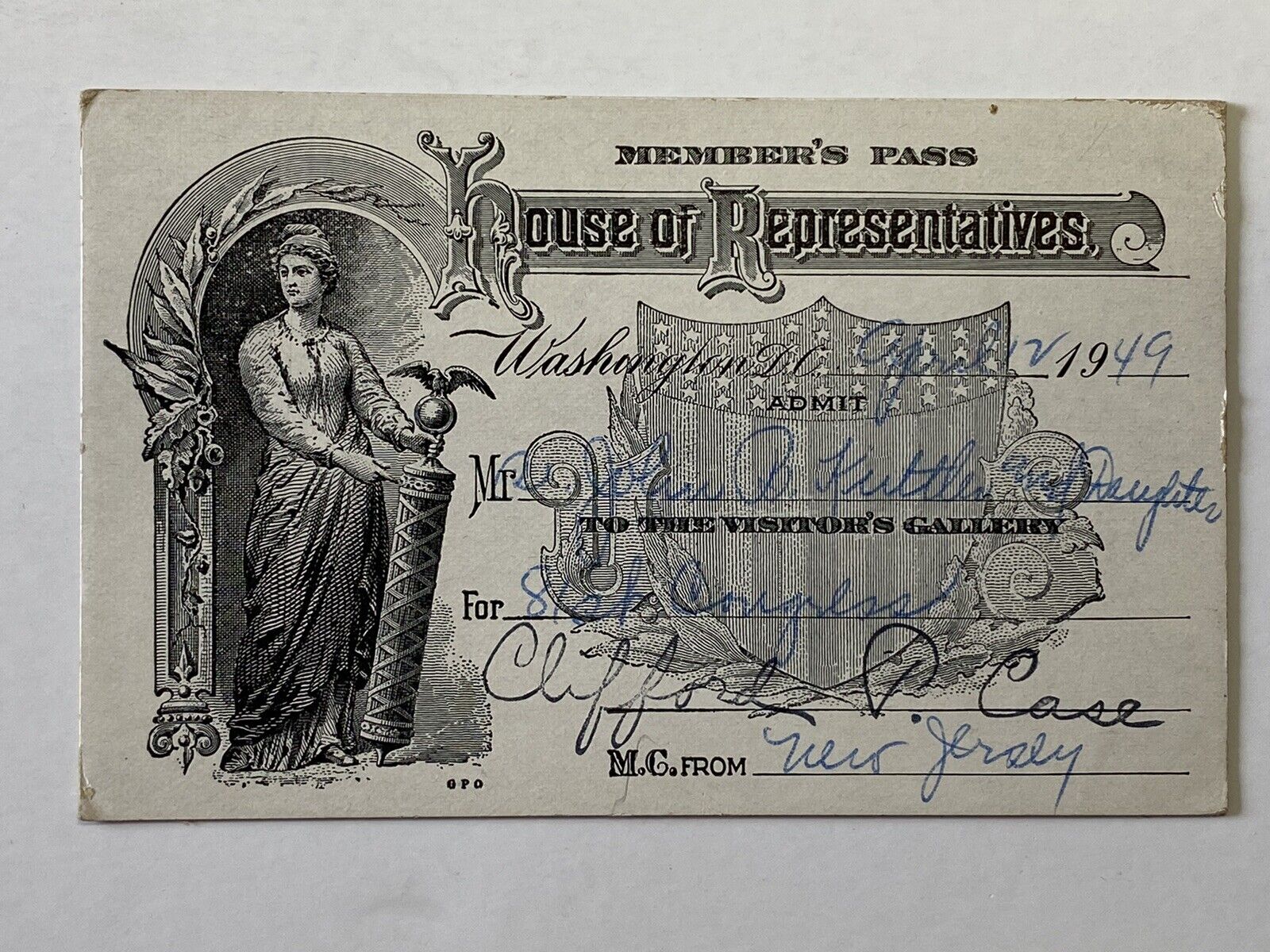-40%
RARE! "Idaho Senator" Glen H. Taylor Hand Signed FDC Dated 1928 Todd Mueller COA
$ 52.79
- Description
- Size Guide
Description
Up for auction aRARE! "Idaho Senator" Glen H. Taylor Hand Signed First Day Cover Dated 1928.
This item is certified authentic by
Todd Mueller Autographs
and comes with their Letter of Authenticity.
ES-3410
Glen Hearst Taylor
(April 12, 1904 – April 28, 1984) was an American politician, entertainer, businessman, and
U.S. senator
from
Idaho
.
He was the
vice presidential
candidate on the
Progressive Party
ticket in the
1948 election
.
[2]
Taylor was otherwise a member of the
Democratic Party
. By one measure, Taylor was the second-most liberal member of the U.S. Senate, trailing only
Wayne Morse
of
Oregon
, and the fourth-most liberal member of Congress overall between 1937 and 2002.
Born in a boarding house in
Portland, Oregon
, Taylor was the twelfth of thirteen children of Pleasant John Taylor and Olive Higgins Taylor.
[5]
His father was a retired Texas ranger and wandering
preacher
, and the family was with him in Portland for a protracted soul-saving meeting. The family
homesteaded
in
North Central Idaho
, near
Kooskia
, and Taylor attended the public schools. In 1919, after completing eighth grade, he joined his older brother's
stock theater
company, and between 1926 and 1944, he became the owner and manager of various entertainment enterprises. Taylor was also a
country-western
singer; his older sister, Lena, became famous as a jazz singer under the name
Lee Morse
in the 1920s.
Taylor was inspired to run for political office by
King Camp Gillette
's book
The People's Corporation
and
Stuart Chase
's 1932 book
A New Deal
. In 1935 Taylor unsuccessfully attempted to organize a
Farmer–Labor Party
in
Nevada
and
Montana
. By the late 1930s, Taylor had settled in
Eastern Idaho
at
Pocatello
. His first political campaign was in 1938 for an open seat in the
US House of Representatives
from the
second district
, but he finished a distant fourth in the Democratic primary.Taylor first ran for the US Senate in 1940 in a special election to fill the remaining term of the late
William Borah
, but lost to appointee
John W. Thomas
, with 47.1 to 52.9 percent. Despite being labeled as "semi-socialistic" and "communistic," he ran again in 1942 against Thomas and lost a closer race, 48.5 to 51.5 percent. Taylor lost both elections to Thomas because of stiff opposition from state Democratic Party leaders. Between elections, Taylor supported himself as a painter's assistant and sheet metal worker in
California
. In his third try for the Senate, Taylor ran for the other Idaho seat in 1944, defeating incumbent
D. Worth Clark
in the Democratic primary, and Governor
C. A. Bottolfsen
in the general election. Taylor, the first professional actor ever elected to the
US Congress
, had never been east of
Chicago
prior to his election.
In the Senate, Taylor, known as "The Singing Cowboy," acquired a reputation for eccentric behavior. Upon his arrival in Washington D.C., Taylor rode his horse, Nugget, up the steps of the
U.S. Capitol
building. Nugget also accompanied Taylor during a 1947 tour of the country highlighting his antiwar activism and opposition to the time's US foreign policy. When Taylor moved to Washington in preparation to be
sworn in
in January 1945, the housing shortage caused by
World War II
was still in full swing and so he and his family had a difficult time finding a place to live. In response, Taylor, a musician and songwriter, stood outside the US Capitol building and sang, "O give us a home, near the Capitol dome, with a yard for two children to play ..." to the tune of
Home on the Range
. He and his family were offered several places to rent. Taylor was appointed to the
Committee on Banking and Currency
after telling Senator
Robert F. Wagner
of
New York
that he was qualified for the post because he had been a depositor with several banks. In October 1945, Taylor submitted a
resolution
to the Senate "favoring the creation of a
world republic
."
On election night in 1946, Taylor made national headlines by allegedly breaking the jaw of local Republican leader Ray McKaig in a hotel lobby in
Boise
. Taylor claimed that McKaig had called him an obscene name, and struck him first with a punch that broke his nose, but McKaig denied those claims. McKaig, 66, claimed that while he was lying on the floor Taylor proceeded to kick him in the face, but Taylor denied that claim. Later, when Taylor lost his reelection bid in the 1950 primary, McKaig sent a telegram that said, "You may have broken my jaw, but I just broke your back!!!" Taylor also feuded with other Idaho Democrats, often making critical remarks about
Charles C. Gossett
, who resigned as governor in November 1945 to have his successor appoint him to the vacant Senate seat. During the 1946 Democratic primary in June, Taylor openly supported Gossett's opponent,
George E. Donart
, calling the appointed incumbent Gossett a "conservative" who "hobnobbed" with Republicans in Congress.
In the Senate, Taylor became noted for lengthy speeches that were often critical of President
Harry S. Truman
's policies, particularly in foreign affairs. He was particularly critical of the
Truman Doctrine
and the
Marshall Plan
, both of which he believed brought the United States closer to war with the
Soviet Union
Taylor was decidedly less critical of the Soviet Union than most of his Senate colleagues, once noting that there was no need to criticize Soviet policy when there were 90 other senators willing to do it every day.
